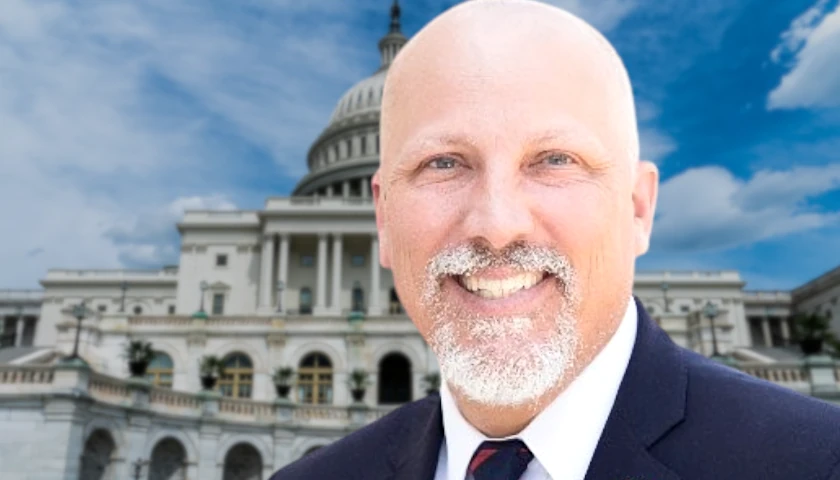by Adam De Gree
Millions of Americans have woken up to the fact that their education system is rotten to the core. As elite universities are engulfed by antisemitic riots, their veil of prestige has been torn to shreds. It is by now clear to many that, in the words of Christopher Rufo, the radical left has conquered everything.
What, then, is to be done? Many, Rufo included, are doing their best to stem the tide of revolutionary ideology through direct political engagement. Their hard work is paying off. In recent months, universities are beginning to move away from mandatory diversity statements. This is just the beginning.
Yet while activists fight for a counter-revolution in academia, millions of Americans are doing something quite different: They are creating a parallel education system. By launching classical schools, forming homeschool communities, and carving out space for charter academies, they are reclaiming the possibility of a normal education for their children without getting political.
Parallel societies have played an important role in counter-revolutions before. In socialist Czechoslovakia, for example, they were at the center of resistance to the Communist Party’s regime.
If you found yourself living in Czechoslovakia in the late 1970s, you’d find that every institution imaginable was under intense state supervision, if not outright control. Scout groups, youth clubs, sports leagues, orchestras, art associations, factories, and (of course) schools were all dominated by revolutionary Marxist ideology. Open disagreement with the status quo was unimaginable.
I happen to live in the Czech Republic, and my doctor told me that he was once reprimanded because he addressed the members of his cinema club as “ladies and gentlemen” before a showing. The politically correct term? Comrades.
For ordinary people like him, direct political agitation was out of the question. Heroism took a humbler form. Dissidents formed an underground university so they could learn without ideology. They kept scouting alive in a similar fashion. By the late 1970s, Czechoslovaks had created theater associations, music clubs, economic relationships, and an information network that allowed them to live with dignity without forcing them to directly confront their oppressors.
The term that Czech dissident Václav Benda used to describe this shadowy system was the parallel polis. The mainstream was thoroughly corrupt, so dissidents created a viable alternative that was entirely free of state domination. Importantly, all of their institutions existed side-by-side with their official counterparts. They may not have been able to change their government, but they did not have to do so in order to create zones of liberty.
And though many of their associations had nothing to do with politics, the bonds and skills these free-minded people formed would come in handy. When the Communist Party grew weak in the late 1980s, it was the leaders of the parallel polis that stepped up. Dissidents relied on their networks—and on their leadership skills—to make the most of their unexpected opportunity. As hundreds of thousands of Czechoslovaks took to the streets, the unimaginable happened. In the words of N.S. Lyons, “Suddenly their parallel polis became the polis.”
Václav Benda, the dissident who first wrote about parallel institutions, became an important congressman in the first free Czechoslovak government. His friend Václav Havel, a playwright and philosopher, became the first president in elections after the counter-revolution.
The Czechoslovak experience shows us that families who participate in the parallel education system are not merely looking out for their own children. Rather, by strengthening institutions that are free of state interference, they are expanding the zone of genuine liberty for all Americans.
– – –
Adam De Gree is a classical educator and freelance writer. He teaches online history, literature, and government & economics courses for homeschoolers with Classical Historian. His writing has been published in venues including The Culture Crush, The Imaginative Conservative, and Partially Examined Life.




